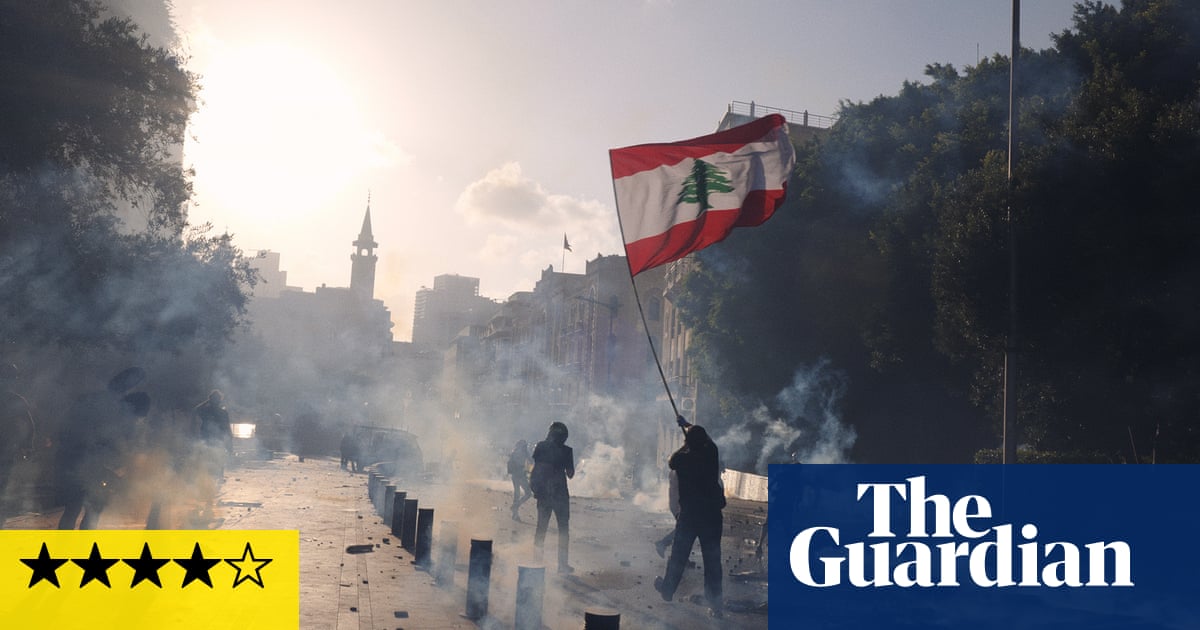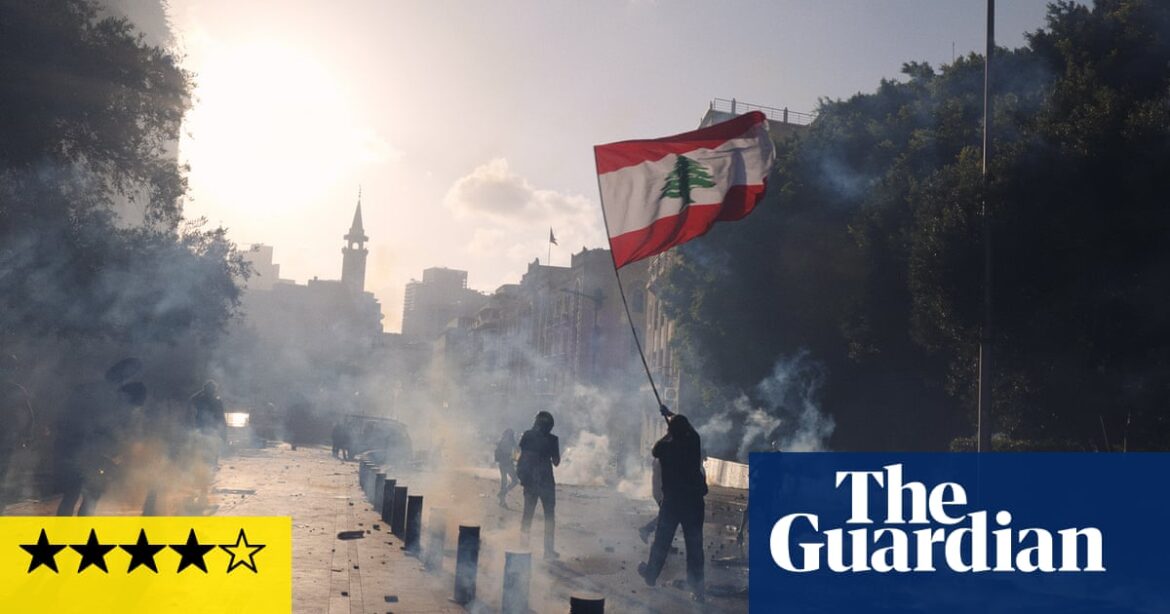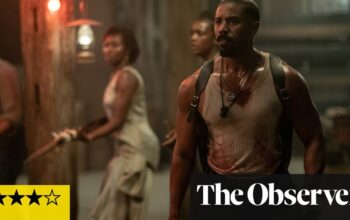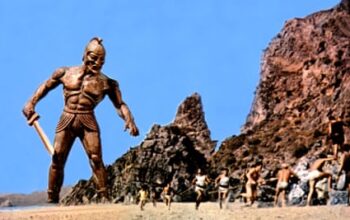
‘How much bad news can you get in one day?” That’s the production manager of a Lebanese movie called Costa Brava, which is due to start shooting any day. But Beirut is in chaos. It’s 2020, just weeks after the catastrophic port explosion that killed more than 200 people and injured thousands. The blast destroyed the office of the production company, and cinematographer Joe Saade lost an eye (ironic for a cinematographer, he jokes dryly). After agonised meetings, Costa Brava’s young director Mounia Akl and her crew have decided to go ahead with the shoot.
Filmed by Cyril Aris, this fly-on-the-wall study is a painful watch, with some heartbreaking moments; but it’s tender too, and funny. As the shoot date approaches, the film looks doomed. A currency crisis triggered by the blast has wiped two-thirds off the value of their cash in the bank. ATM machines are shut, petrol stations are empty, and it’s touch and go whether lead actor Saleh Bakri, a Palestinian living in Israel, will be permitted into the country. Then two little girls co-starring in the film test positive for Covid. When a producer is asked about delaying the shoot for a week, putting everyone up in hotels to isolate, she’s dumbfounded. “I don’t have money for gaffer tape!” As someone else jokes: it’s like making a film on the Titanic.
Films about films can come across as a bit self-indulgent, but this really doesn’t feel like an exercise in navel gazing. The camera takes to the streets to capture the rage and despair of people protesting against corruption in the government. In the end, what emerges is a study of resilience and the love/hate relationship Akl and others in the film have with Lebanon. “Why the hell are we still in this country?” asks a producer. She doesn’t leave.
A moment that stuck with me is an almost throwaway scene. A sunny-natured young guy from the crew leans out from his balcony to order lunch from a street seller, back after the blast. The old man peers up. “You didn’t die, eh?” he says. Which makes the crew guy giggle, and says something possibly about the soul of a city, still going after so much devastation over so many years.
Source: theguardian.com



